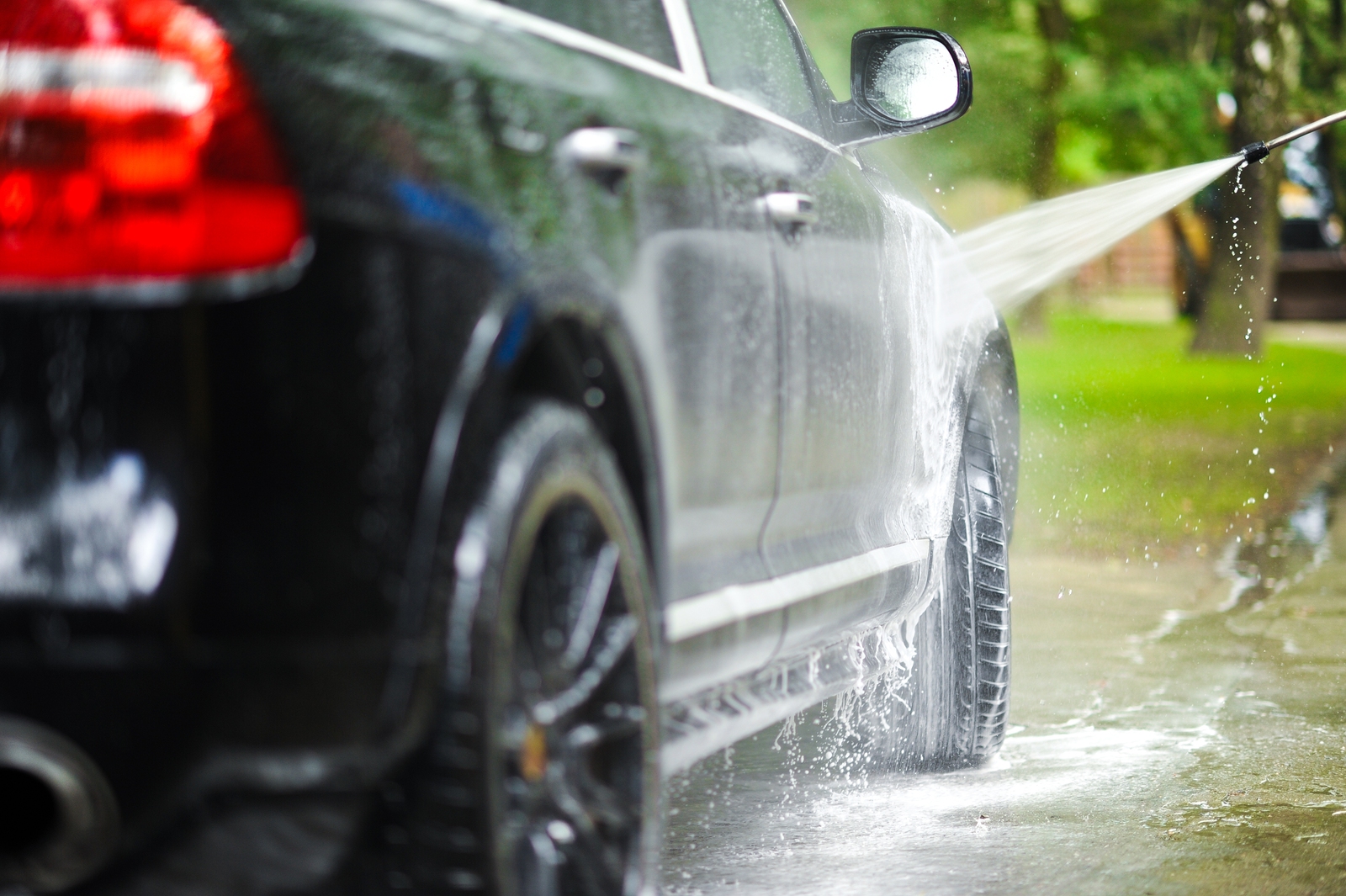
Dealing with auto repairs can create quite the hassle. Considering how expensive they can be, you might not know how you should handle your repairs. Whether you hire a professional or decide to do-it-yourself, it's important that you think about the important factors of your decision. Continue reading to find out more.
When doing your own work on your automobile, you want to make sure you never take things too far in error. You're saving yourself some money by doing it yourself, but if you're not sure about something, you need to find out or let a professional handle the matter. You could end up costing yourself so much money.
Be sure to read your owner's manual to find out what kinds of fluids (oil, brake fluid, transmission fluid, steering fluid) your car needs and to learn how to check and top these off yourself. Keep a few bottles of each fluid in the trunk of your car in case of emergencies.
If your vehicle begins making a louder noise than usual, you should suspect the muffler needs replacing. This is a job best done at a shop because it is difficult to work under a car without a lift. You can get a warning or even a ticket if your muffler sounds too loud.
Don't neglect your regular maintenance. These scheduled visits are not there just to get more money from you. They are designed to make sure maintenance is done on specific components before you end up stranded on the side of the road. While you might be able to skip one or two and be okay, the damage will shorten the life of your car.
Just like at the doctor, you can get a second opinion before agreeing to costly repairs. A reputable shop should not be padding the bill, but it does not hurt to see what another professional thinks about the situation. If you are still nervous, the dealer is always an option. It will be more expensive, but they tend to someone checking over their shoulder more often.
If your vehicle seems to be leaking fluids, start by replacing the gaskets and seals. The most common area for leaks is where different parts join together. You may not need an expensive repair if the leak stems from one of these easily replaceable areas. If the leak continues after replacement, you may have a more extensive leak.
Do not be afraid to ask a potential technician any questions you have. It is your vehicle that they will be working on and it is important that someone with the proper qualifications is handling it with care. In addition to asking about the problem with the vehicle, ask them any other questions you have about your car.
Contact your local Better Business Bureau if you need more information on a mechanic or a garage. If some complaints have been filed against them, your Better Business Bureau will tell you. Ask your friends and family about the different mechanics they have dealt with in the past to get some recommendations.
Keep a basic repair kit in your car trunk at all times. A simple kit consisting of wrenches, jumper cables, screws, and a jack can be a lifesaver if your car breaks down on the road. This will allow you to make small repairs on the spot, saving you the cost of an expensive tow truck.
Even if you aren't particularly handy, there are a few DIY repairs that almost anyone can do. For example, changing the windshield wiper blades is really just a matter of snapping off one set and snapping on another. Look in your user's manual or use a measuring tape to determine what size you need. Don't be dismayed if the store where you purchase your windshield wiper blades only has one in the right size. You can use one that is an inch shorter on the passenger side of your windshield without causing any problems.
Know what the lights on the dashboard mean. These lights can let you know when something is wrong with your car. If you keep ignoring them it'll make the problem worse.
If you need to fix a scratch or paint over an area, make sure you select the right color. Check the owner's manual to see if you can find a code for the color of your car or look for a sticker located under the hood or on the driver's side front door to find the color code.
Avoid rebuilt parts if possible. These parts are usually more affordable than new ones but you have no way of knowing how reliable the repairs are. Rebuilt parts have usually been into an accident or stopped working at some point and were salvaged and rebuilt. It is best to invest in newer part that have never been damaged in the past.
Bring your car to the auto repair shop immediately if you sense a problem, no matter how small. Many people ignore smaller issues, and they eventually lead to much larger issues.
If a part on your car has to be replaced, get an OEM (Original Equipment Manufacturer) part. If you want your car to run at the highest possible level, it is important not to just put any old generic part in your vehicle. While OEM parts cost more, they are worth it in the end.
Car Wash
Take your vehicle to a full service car wash a couple times a year for an extensive cleaning, inside and out. This removes most of the soil and helps preserve the interior of your car. This can pay off when you want to sell or trade your car in for a newer one.
When you take a trip to the car wash, don't forget to clean the inside of your vehicle as well as the outside. Take a second to run the vacuum and sponge across the interior: spilled drinks can corrode the interior over time and other debris does long-term damage as well.
It is time for you to focus on getting your priorities in order when dealing with car repairs. Your automobile is a complex vehicle, and it needs the right care. Use the tips and advice that have been presented to you here so that you can make sure you're ready next time.




